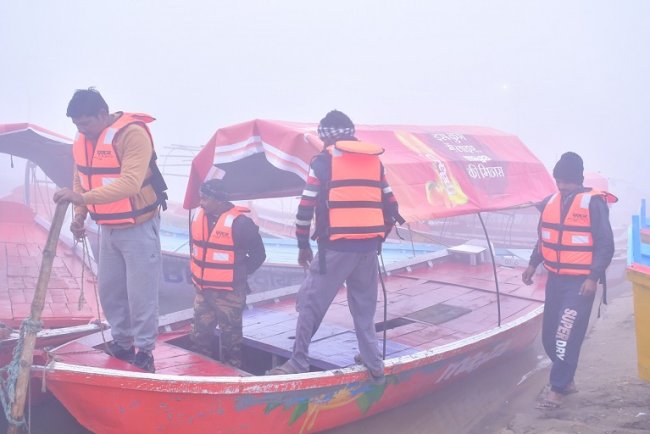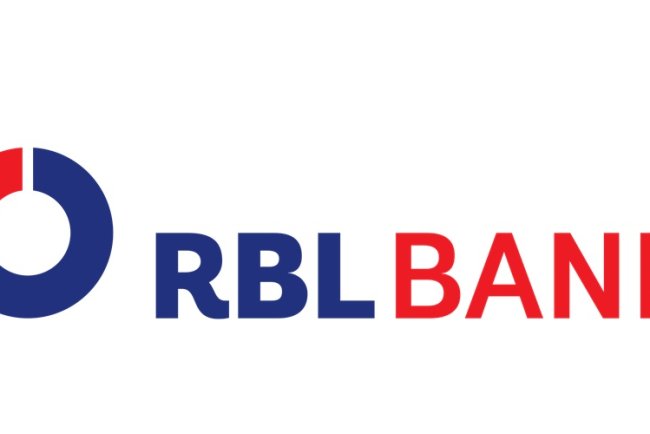Hindustan Zinc Saves Water Equivalent To 1 Lakh Household
Hindustan Zinc is currently a 2.41 times water positive and a zero liquid discharge company

Ahead of World Water Day, Hindustan Zinc, said that it recycled more than 18 billion litres of water in FY24 roughly equivalent to the annual water usage of nearly 1 lakh households in Rajasthan.
Ahead of World Water Day, Hindustan Zinc unveiled major water management initiatives in progress at operations and community level across various districts of Rajasthan. The company is set to inaugurate a 4,000 kilolitres per day (KLD) Zero Liquid Discharge plant at Rampura Agucha, home to the world’s largest underground zinc mining operations in the coming week. The company has maintained a zero liquid discharge stance and with this new facility, alongside existing zero liquid discharge plants at Zinc Smelter Debari, Dariba Smelting Complex, Chanderiya Lead Zinc Smelter, and Zawar Group of Mines – across its operations in Rajasthan - further propels the company’s vison of responsible water management.
Priya Agarwal Hebbar, Chairperson, Hindustan Zinc Limited, said, “We recognise that water is the foundation of a sustainable future. Our water stewardship approach extends beyond operational efficiency to ensuring long-term water security for both communities and industries. As a 2.41 times water-positive company, we are actively replenishing and fortifying water resources. By embedding sustainable water management at the core of our strategy, we continue to demonstrate that industrial growth and environmental responsibility can go hand in hand.”
Beyond its operational commitments, Hindustan Zinc is driving large-scale community water initiatives to enhance groundwater recharge and improve rural water access. At Agucha, in Bhilwara district, the company has undertaken pond renovation work covering Agucha panchayat. This project will revitalise the biodiversity around villages, enhance the availability of water and positively impact nearly 25,000 people.
In Rajsamand district, the company has undertaken pond deepening activity for 4 ponds covering 4 villages that is benefitting more than 10,000 people by collectively augmenting the capacity of these ponds by 55,000 m3 or 55 million litres. Plans are in place to extend this initiative to two more ponds in the next fiscal year.
In Chanderiya, Hindustan Zinc launched a lift irrigation scheme benefiting over 100 farmers, supporting cash crop cultivation across 50 acres, ensuring efficient water usage for sustainable agriculture.
As a pioneer in sustainable water management, Hindustan Zinc has established Udaipur’s first
The company said in a statement that it has established first sewage treatment plant (STP) under a Public-Private Partnership (PPP) model in Rajasthan that treats 60 million litres of wastewater daily. This initiative keeps the lakes the City free from polluted water while supplying treated water to operations.
Expanding its community impact, Hindustan Zinc has undertaken a large-scale artificial groundwater recharge project in Bhilwara district, spanning four blocks. Through desilting of ponds, strengthening embankments, and constructing 358 recharge shafts across 84 ponds, the initiative has created a groundwater recharge potential of 87 lakh cubic meters (or 8700 million litres)—a critical intervention in Rajasthan’s arid landscape. Hindustan Zinc’s community development initiative also includes providing potable drinking water in Rajasthan that has ensured supply of nearly 4 million litres of safe water to communities through water ROs (reverse osmosis plants) and water ATMs.
At Rajsamand the company has also launched a first-of-its-kind Jal Sakhi initiative that fulfils the triple goal of women empowerment, entrepreneurship and availability of clean water wherein this women-led enterprise has provided clean water to nearly 50,000 people by operating the water ATMs for the community. Additionally, Hindustan Zinc has also supplied over 15 million litres of water to more than 20 water-scarce villages in FY24 across Rajasthan through tankers. According to community members, the availability of the potable drinking water has marked a decrease in water-borne diseases like cholera, typhoid, dysentery etc.
What's Your Reaction?
















